Last Season on The Fordham Ram: Culture Section
August 23, 2020
Even though last semester was sliced in half by the pandemic, we kept covering what was happening in the world throughout the spring. Here’s a collection of highlights, including an interview with a rapper, album and movie reviews, quarantine diaries and Fordham-related features.
A steady stream of solid tunes dropped last semester. In January, Alexandra Lange reviewed psychedelic rock act Tame Impala’s new album “The Slow Rush,” which was one of the most anticipated albums of the year. Amazingly, it lived up to the hype. Lange particularly loved frontman Kevin Parker’s instrumentation and sound, which she called “obsessively considered.” She also noted how Tame Impala managed to weave a panoply of genres and styles into a seamless whole.
“The beauty and essence of Tame Impala’s genius are at their peak on ‘The Slow Rush,’ thanks to Parker’s self-contemplation,” Lange wrote. “Even as he filters through his most private demons, upbeat psych-synths and ethereal vocals take listeners on a transcendent trip.”
Indie darling Fiona Apple’s “Fetch the Bolt Cutters” was similarly exciting. The album came at just the right time during the early days of the quarantine to uplift its worried, isolated listeners. In an album review for the Ram, Spencer Quinn zeroed-in on a small selection of songs: “I Want You to Love Me,” “Shameika,” “Ladies,” “Cosmonauts” and the title track. Quinn especially liked the themes Apple sang about over the course of the LP and the way Apple blended her “signature anger and grit” with softer, more soothing moments.
“Oh, Fiona Apple, you couldn’t have come at a better time,” Quinn wrote. “‘Fetch The Bolt Cutters’ is years in the making and features 13 tracks that address bullying, abuse and love in a more personal manner than Apple has ever done before.”
Also beloved was Pop Smoke’s “Meet The Woo 2,” which was at first triumphant and then tragic after the 20-year-old Brooklyn drill rapper was shot and killed soon after the album arrived. Sam Hadelman wrote both an album review and an obituary. “This is a horrible recurring aspect of hip-hop music, and specifically drill music,” Hadelman wrote. “I had hoped it would not plague the Brooklyn drill scene, yet it took its biggest star.”
The death was particularly awful for several reasons: Petty police targeting had already hindered Pop Smoke’s career. The NYPD restricted him from performing at King’s Theater in Brooklyn three days before he died. It was also heartbreaking because he was by far the most charismatic rising rapper, and one of few with a genuinely inventive, intoxicating sound. Many saw the immense potential in his music and his ability to link people together — both bringing New Yorkers together, and bridging the gap between America and the United Kingdom. His trademark sound, drill, is massively popular in England, and he was working with a cluster of UK producers.
“His ability to create a sound that was so indistinguishably Brooklyn yet represented fan bases on different continents, is something that is so rare to hip-hop, and a skill Pop Smoke honed better than any modern rapper,” wrote Hadelman. “We may have lost the king, but the kingdom he created still remains to honor the memory of its fallen leader.”
Despite the pandemic shuttering theaters and indefinitely delaying film releases, the start of the year had some rewarding flicks. Katie Schulte reviewed Céline Sciamma’s gorgeous “Portrait of a Lady on Fire,” which had already been released to some countries in 2019 and had won the Best Screenplay award at Cannes. The story centers on the secret affair of two women, Marianne and Héloïse, who meet when Marianne is commissioned to paint a portrait of Héloïse.
“‘Portrait of A Lady on Fire’ is a quiet yet captivating story of star-crossed lovers in 18th century France,” Schulte wrote. “This independent film lives up to the divinely aesthetic camera shots and poetic storyline typical of its genre.”
After school broke, we began to accept “classic” movie reviews, which included anything exceptional (but not ubiquitous, like “The Godfather”) that had come out over ten years ago. Among the films reviewed were Wes Anderson’s “Rushmore,” William Wyler’s “Roman Holiday” and Sergio Leone’s “A Fistful of Dollars.”
Even after the live movie experience was consigned to the past, television shows continued to release on schedule through the spring. For the first two weeks of quarantine, it seemed like the only thing people wanted to talk about was “Tiger King,” Netflix’s new limited docuseries.
Ava Erickson came through with an ambivalent take, lauding it for being entertaining and emotionally gratifying, and criticizing how it failed to condemn the industry behind owning and exploiting exotic animals severely.
“We have become so fascinated as a society by the people in the documentary that we have managed to disregard the horrors that these animals have to live with,” Erickson wrote. “There was a message there that was missed by the director. They had the opportunity first to captivate the audience and then expose this brutal industry, but instead they focused solely on creating entertainment.”
Apart from movies, television shows and albums, we published a bunch of fun features, like “The Guide to Fordham Slang,” a necessary read for any freshmen unsure of the difference between the neighborhood’s many bodegas. Another brilliant article was Sam Hadelman’s exclusive interview with 20-year-old rapper Mavi, who’s at the forefront of the New York lo-fi rap scene alongside artists like MIKE and Earl Sweatshirt.
We also published Quarantine Diaries: short blog-like essays, usually first-person, about how the pandemic has affected a writer or their family. People wrote about all sorts of things, from the euphoric release of being able to leave home and venture out to buy bagels once a week to one writer’s family’s struggles living in Italy, where the virus had raged in the beginning. We plan to continue posting diaries throughout the fall.

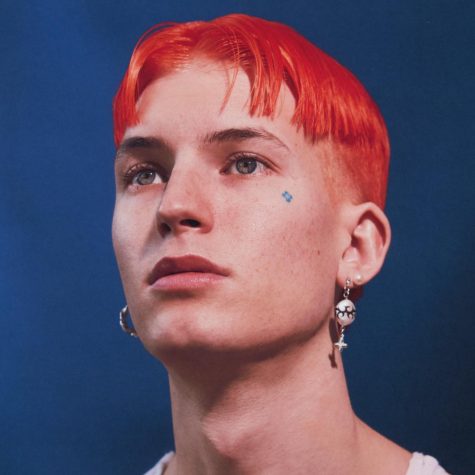



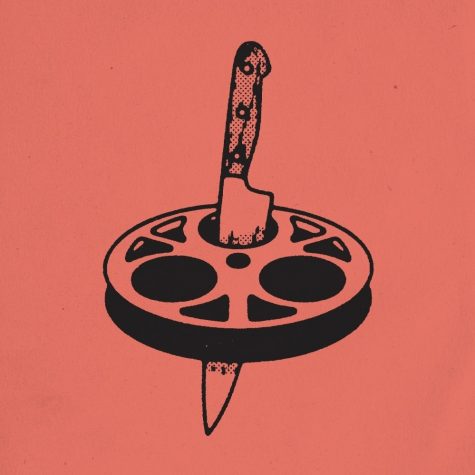
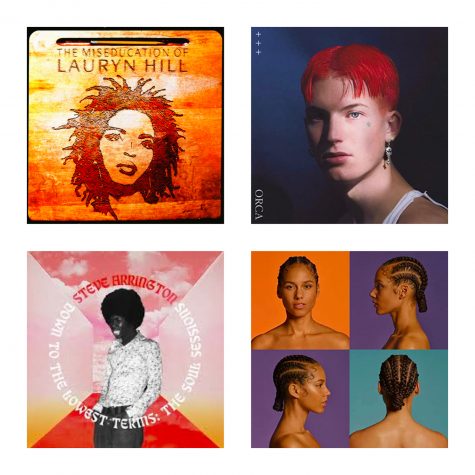

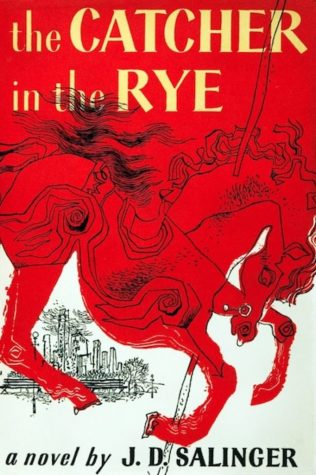
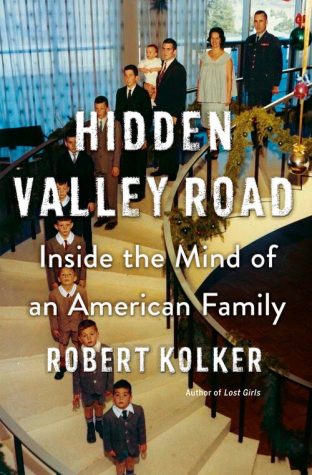

If you want a picture to show with your comment, go get a gravatar.